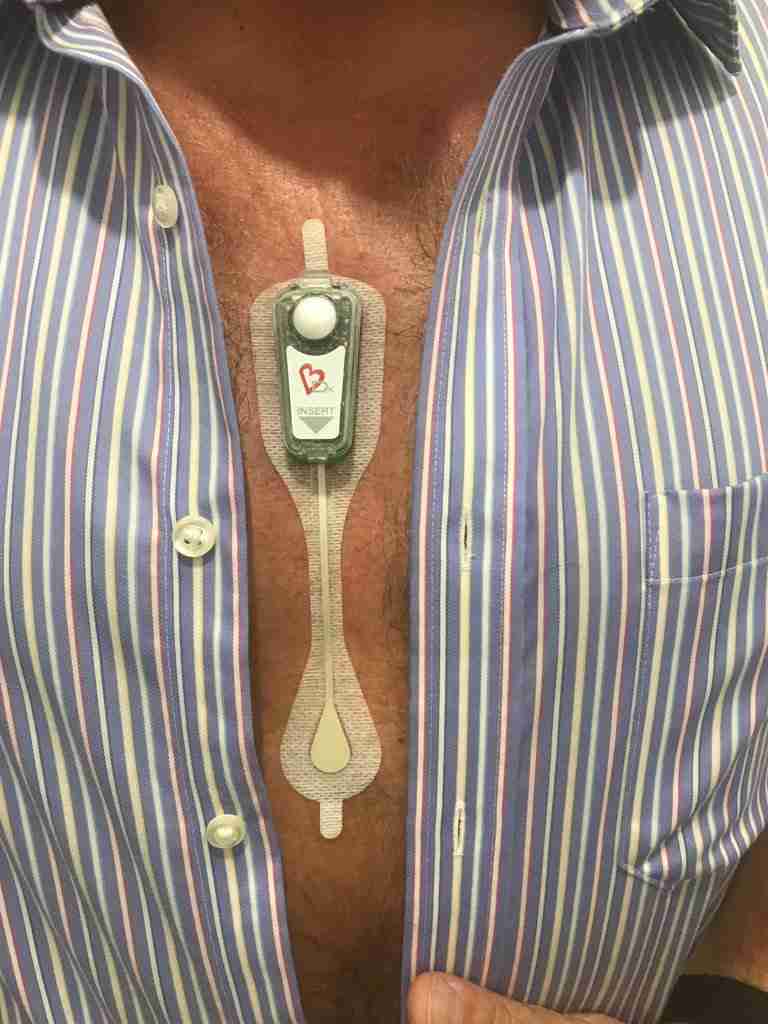Prof Lis Neubeck L.Neubeck@napier.ac.uk
Professor
Prof Lis Neubeck L.Neubeck@napier.ac.uk
Professor
Our objective is to reduce 30-day reattendance by a fifth in patients presenting with acute chest pain to the Emergency Room using artificial intelligence tools to augment clinical decisions. To achieve this, we will provide diagnostic probabilities and risks of reattendance and major adverse cardiac events to guide more effective care. We will train and validate deep learning models that integrate routinely collected longitudinal data, cardiac biomarkers, and diagnostic tests in consecutive patients with acute chest pain. We will communicate these probabilities and risks using a platform embedded within the patient record that provides augmented clinical decision support in real-time.
| Type of Project | P04 - Research Charities and Trusts |
|---|---|
| Status | Project Complete |
| Funder(s) | WELLCOME LEAP FUND |
| Value | £21,816.00 |
| Project Dates | Aug 1, 2022 - Apr 30, 2023 |

Low uptake of physical activity programmes by men; why don’t they go? Sep 1, 2016 - Jul 31, 2022
This nurse-led project will be an interdisciplinary collaboration between leading researchers working in Edinburgh Napier University, in the University of Sydney, and Flinders University, Adelaide Australia, nurses in NHS Fife and allied health profe...
Read More about Low uptake of physical activity programmes by men; why don’t they go?.

Secondary detection of atrial fibrillation Jan 1, 2018 - Oct 31, 2019
Secondary detection of atrial fibrillation post stroke.
Cardiovascular disparities among young adults in Scotland: Linking the Scottish Longitudinal Study from 1991 to 2011 Jul 1, 2018 - Dec 31, 2019
In this study, we aim to examine:
1. Trends in the prevalence of hospital admissions for CHD in young adults and compare them with older adults between 1991 to 2011;
2. Trend in the annual rates of major CHD events (non-fatal MI and CHD death) in...
Read More about Cardiovascular disparities among young adults in Scotland: Linking the Scottish Longitudinal Study from 1991 to 2011.

Increasing medication adherence among adults with atrial fibrillation: A Medical Research Council complex intervention framework development and feasibility study. Jul 1, 2019 - Mar 31, 2023
Atrial fibrillation (AF) is a common abnormal heart rhythm affecting more than 1-million people in Scotland. People with AF are five-times more likely to have a stroke and twice as likely to die, compared to those without AF. Strokes caused by AF are...
Read More about Increasing medication adherence among adults with atrial fibrillation: A Medical Research Council complex intervention framework development and feasibility study..
Who benefits from cardiovascular risk reduction programmes? Building a Scottish observatory to measure the impact of blood pressure (BP) telemonitoring and future cardiovascular risk reduction interventions Sep 1, 2020 - Sep 30, 2024
The British Heart Foundation is partnering the Scottish Government in supporting the roll out of an evidence based BP telemonitoring initiative (scale up BP) in order to facilitate increased detection and improved management of hypertension and subse...
Read More about Who benefits from cardiovascular risk reduction programmes? Building a Scottish observatory to measure the impact of blood pressure (BP) telemonitoring and future cardiovascular risk reduction interventions.
About Edinburgh Napier Research Repository
Administrator e-mail: repository@napier.ac.uk
This application uses the following open-source libraries:
Apache License Version 2.0 (http://www.apache.org/licenses/)
Apache License Version 2.0 (http://www.apache.org/licenses/)
SIL OFL 1.1 (http://scripts.sil.org/OFL)
MIT License (http://opensource.org/licenses/mit-license.html)
CC BY 3.0 ( http://creativecommons.org/licenses/by/3.0/)
Powered by Worktribe © 2025
Advanced Search